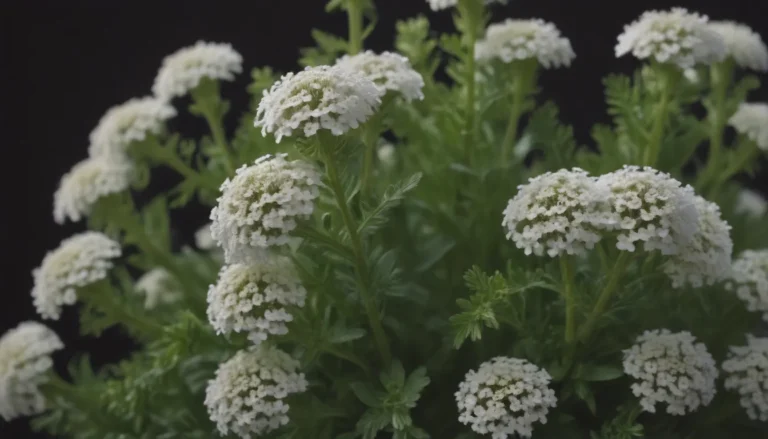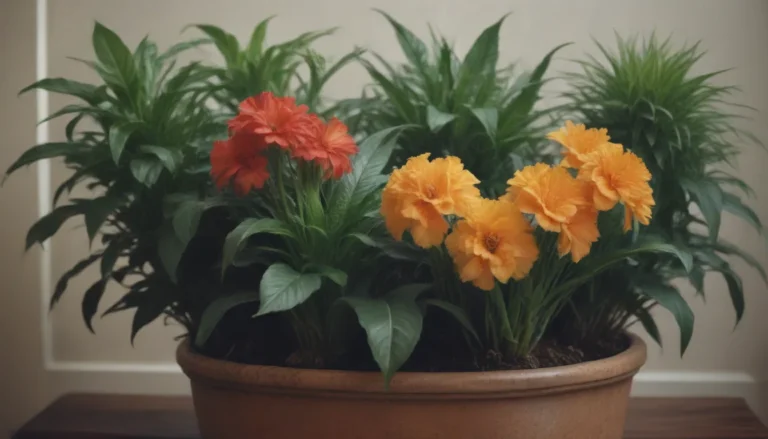The Ultimate Guide to Controlling and Deterring Rabbits in Your Garden

Rabbits, with their cute appearance, can wreak havoc in your garden if left unchecked. These pesky critters can quickly decimate your plants, making it essential to find effective ways to control and deter them. While trapping may not be a practical option due to the sheer number of rabbits in most areas, there are several strategies you can use to protect your garden from these furry intruders.
Understanding Rabbit Repellents
Rabbit repellents can be a valuable tool in your battle against garden-invading rabbits. While they may not work 100% of the time, repellents can be quite effective, especially when used in combination with other tactics. Here are a few types of repellents you can consider:
- Fertilizer Repellents: Some fertilizers contain substances that rabbits find unappealing, making them effective deterrents.
- Home Remedies: Sprinkling plants with red pepper, garlic and onion powder, or talcum powder can help keep rabbits at bay.
- Pets: Dogs and cats can also act as effective deterrents, as their presence can scare off rabbits.
To maximize the effectiveness of repellents, it’s important to apply them consistently throughout the growing season, particularly after rain or new plant growth. Remember to alternate between different repellents to prevent rabbits from getting used to a particular scent or flavor.
Implementing Diversions and Habitat Modification
Diversions and habitat modifications can make your yard less attractive to rabbits, reducing the likelihood of them targeting your garden plants. Consider the following strategies:
- Provide Clover: Planting clover in your lawn can offer rabbits a readily available food source, potentially distracting them from your flowers and vegetables.
- Modify Your Yard: Clearing overgrown areas, removing hiding spots, and securing potential entry points can make your yard less hospitable to rabbits.
While completely modifying your yard may not be feasible for everyone, making small changes can still help deter rabbits from causing damage.
Using Fencing and Other Barriers
Fencing is one of the most effective ways to protect your garden from rabbit damage. Here are some tips for installing rabbit-proof fencing:
- Ensure the fencing is at least two to four feet high to prevent rabbits from jumping over.
- Make sure there are no gaps at ground level for rabbits to crawl under.
- Keep the fencing a few inches away from plant trunks to prevent rabbits from reaching over.
In addition to fencing, consider using barriers like wire mesh or netting to protect individual plants or trees from rabbit damage. Remember to adjust the height of your fencing based on factors like snow cover in your area.
Safeguarding Free-Standing Trees and Shrubs
Rabbits can also pose a threat to free-standing trees and shrubs by gnawing on the bark, especially during the winter months. To protect these plants, encircle them with fencing and ensure there is no ground-level access for rabbits. Keeping the fencing a few inches away from the trunk can prevent damage to the plants.
Identifying Rabbit-Resistant Plants
While rabbits have a wide-ranging appetite, there are some plants that they tend to avoid. Here are a few examples of plants that rabbits are less likely to nibble on:
- Herbs: Basil, chives, oregano, rosemary, and sage.
- Flowers: Lantana, lavender, snapdragons, and petunias.
Keep in mind that while these plants may be less appealing to rabbits, it’s essential to monitor your garden closely and take action accordingly.
By implementing a combination of repellents, diversions, barriers, and plant selection, you can effectively control and deter rabbits in your garden. Remember to stay proactive and adjust your strategies as needed to keep these garden pests at bay. With a little effort and persistence, you can enjoy a beautiful, rabbit-free garden throughout the growing season.





